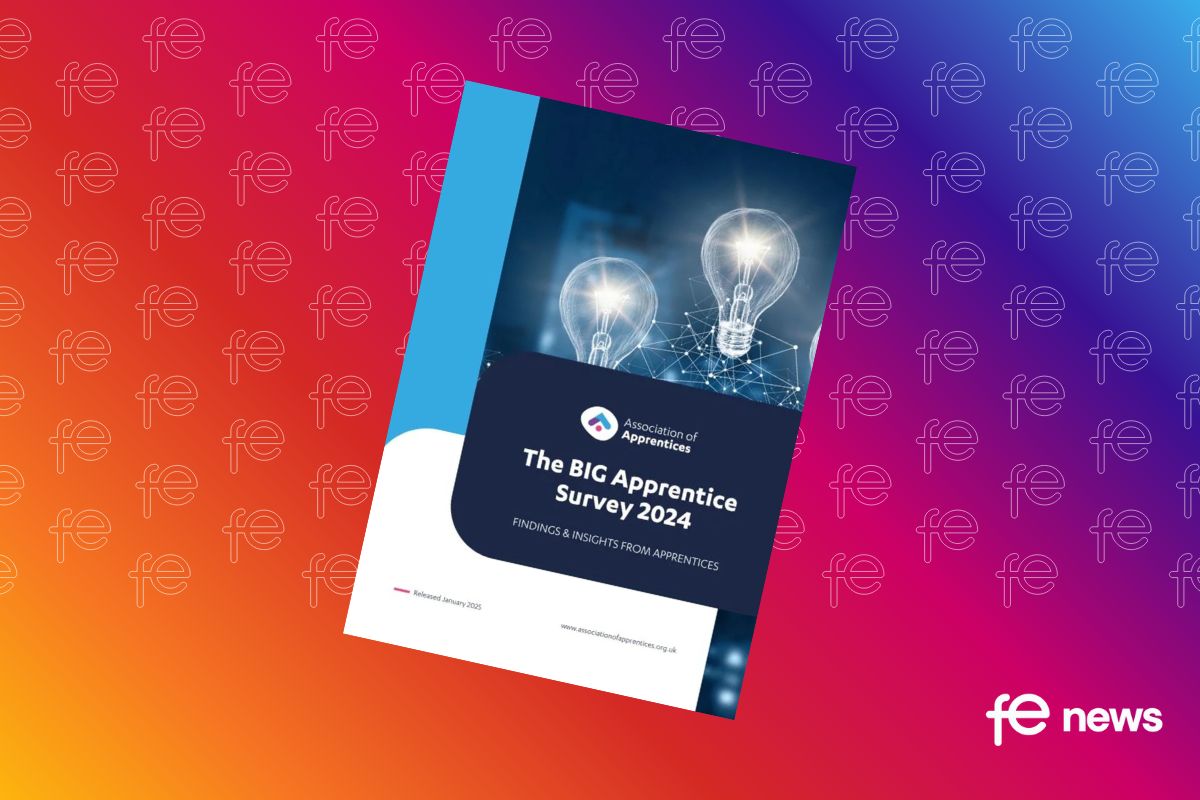How to save £1m without impacting services

The outcome of the Comprehensive Spending Review has been seen by many as a welcome relief from the continued cuts in the FE sector over the last five years. With core funding for 16 – 19 year olds and adult skills budgets protected, colleges and sixth forms might be tempted to think some of the pressure is off, at least temporarily, while many now turn their attention to the potential impact of forthcoming Area Reviews.
However, it’s an important point to note is that the aforementioned funding is only protected in cash terms, which means cuts in real terms, over the next five years, as operating costs increase. Following on from the principles of ‘lean thinking’ and a continuous improvement mindset introduced in my previous article (Doing things right, or doing the right things…), the Spending Review also acts as a timely reminder that every public sector organisation needs to review its operating practices from time to time – this is fundamental to working effectively, efficiently, and providing value for money – all key drivers for any organisation whether in the public or private sector. And, with Area Reviews happening now for some and around the corner for others, the time has never been better to make sure the organisation is in good shape and prepared for the inevitable scrutiny of their operations. The good news is that reducing operating costs doesn’t have to mean reducing the quality of services – if carried out correctly.
One of the first questions to ask is whether your organisation has the necessary capacity and desire to change? Then decide what resources, if any, you will divert to coordinating improvement activity across the business, or whether would you take a more ‘localised’ approach and have individual departments look inwardly for incremental improvements rather than a sweeping programme across the organisation. Either way, setting up that ‘burning platform’ or need for change is a critical first step, together with a clear set of objectives and expectations, and clear direction on who is doing what. Many of those working in further education may well have worked in the sector all their careers, the upside of this being that it makes them experts with valuable experience. However this can also hinder objectivity and creativity, which is why the public sector often turns to external organisations to carry out reviews, audits, and support in creating an effective strategy for improvement.
One college group I worked with decided to take the wider transformation approach, recognising that the necessary skill set and capacity did not exist in house, and looked to us for support in setting up working groups tackling 17 different areas of the college business from marketing to finance to MIS, all with a clear expectation of minimum 5% ongoing operating cost reduction. Most delivered more, and we found > £1m in annual savings. Others take a more low key approach, using either the budget setting process to set expectations (one problem being that’s only once per year), or look to individual departments with the biggest ‘issues’ to quickly identify opportunities for savings. While this approach can yield short term results, they are rarely sustainable over the long term and costs can creep back up when the pressure appears to be off or the spotlight is diverted elsewhere. So, which is the best way? Experience shows that long term operational improvements are better sustained when it’s the people on the ground that drive the new way of working more efficiently, rather than management continually requesting reductions in response to short term issues. It should be noted that the college group that saved > £1m recognised the need for sustainability and combined short term improvement actions with leadership development training around project management and lean principles, and established a ‘Business Improvement Team’ to both monitor achievement of the initial forecasted savings and drive through the next wave of projects and in so doing involve more and more staff from across the organisation.
The difficulty can be knowing where to start and how to structure the approach; our work has focussed on back office, non-teaching, functions, and believe me there’s usually plenty to go after. The obvious approach might be to start looking at all external spend and where there are opportunities to reduce (eg. consolidate purchasing, renegotiate contracts, etc) which is absolutely valid, but it needs to go further. For example, what are the processes underpinning how different departments are authorised to spend money, are they both efficient and effective, are they consistently applied, and are they monitored? Areas to look at might be around approval limits for purchase orders, the tender process for significant expenditure, decision criteria on purchasing a new software license for individual departments / academies, policy on staff travel, and whether there are technology enabled solutions that can both reduce costs and make improvements at the same time. MIS is another area where significant opportunities can exist to reduce costs without impacting headcount or services by, for example, rationalising the number of awarding bodies used, optimising the use of external invigilators, and reducing the number of non-relevant qualifications within individual study programmes. These are just a few examples, and are by no means exhaustive, but you’ll notice they largely focus on operational improvements. There’s also the more strategic reviews that should also be undertaken from time to time, which will become increasingly relevant in the Area Review process, and may start looking at provision of services such as childcare, accommodation, and transport to name just a few. Remember, ‘putting the student first’ is less about catering for every possible perceived need, but more about ensuring the college’s limited funds are both invested and spent in the most efficient and effective way to the benefit of the wider student body, and in support of building an organisation that is sustainable over the long term.
If done properly, in a systematic way that objectively assimilates the voice of students, the business, and all key stakeholders, and is ultimately owned and driven by staff, the potential benefits unlocked can be significant.
Craig Bentley is managing director of Bentley Management & Consulting, which offers management consulting, strategy, business improvement, and project delivery services in the public and private sector. He has helped a number of FE colleges develop strategies to reduce costs and improve services. To find out more see www.bentleymc.co.uk/education, or email [email protected]











Responses